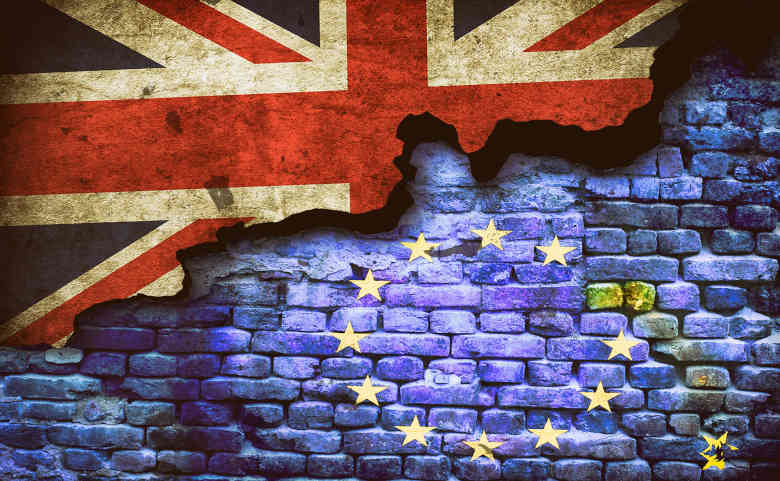Politeia, April 12, Martin Howe
The decision this week by the European Court of Human Rights at Strasbourg in the case of Verein Klimaseniorinnen Schweiz v. Switzerland (Grand Chamber judgment of 9 April 2024) is appalling but in many ways not surprising. It represents just the latest step in the persistent course of judicial activism, disregard for the rule of law, and contempt for legitimate democratic processes which that Court embarked on many years ago. For the dwindling but still surprisingly large number of people in the UK who still think that we should continue to belong to the European Convention on Human Rights, this latest judgment should represent a wake-up call compelling them finally to abandon that position.
The case was brought by a Swiss climate pressure group and some carefully selected individual plaintiffs, who contended that Switzerland had taken insufficient action to combat climate change and this breached their human right to be protected against the adverse effects of climate change. The Court upheld the claim of the Verein (Association) itself (although interestingly it reflected the claims of all the individual plaintiffs) that Switzerland was in breach of Article 8 of the Convention which protects the right to respect for private and family life.
The basis on which the Court decided this was that in its view “Article 8 of the Convention encompasses a right to effective protection by the State authorities from the serious adverse effects of climate change on lives, health, well-being and quality of life.” It went on to hold that the Swiss Confederation had failed to comply with its “positive obligations” under the Convention concerning climate change.
The European Convention on Human Rights, a document drafted in the 1950s, contains no mention of climate or climate change. It is clear that the States who drafted and agreed the Convention as a protection for fundamental individual rights as a post-War safeguard against countries sliding back into fascism or totalitarianism did not intend to set up a court with power to review the policies of States on matters such as climate change.
Nor does the wording of the Convention provide any support for that. Article 8 itself simply says that “Everyone has the right to respect for his private and family life, his home and his correspondence.” As originally conceived and understood, this was a narrow right concerned with limiting unjustified State intrusions into the private space, such as unjustified home entries and searches or interception of communications.
Click here to read the piece in full.

